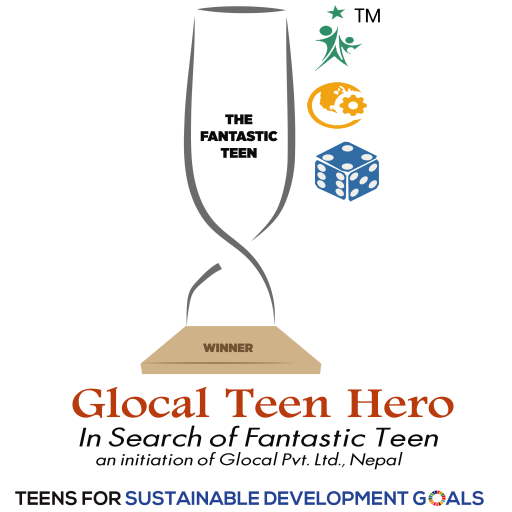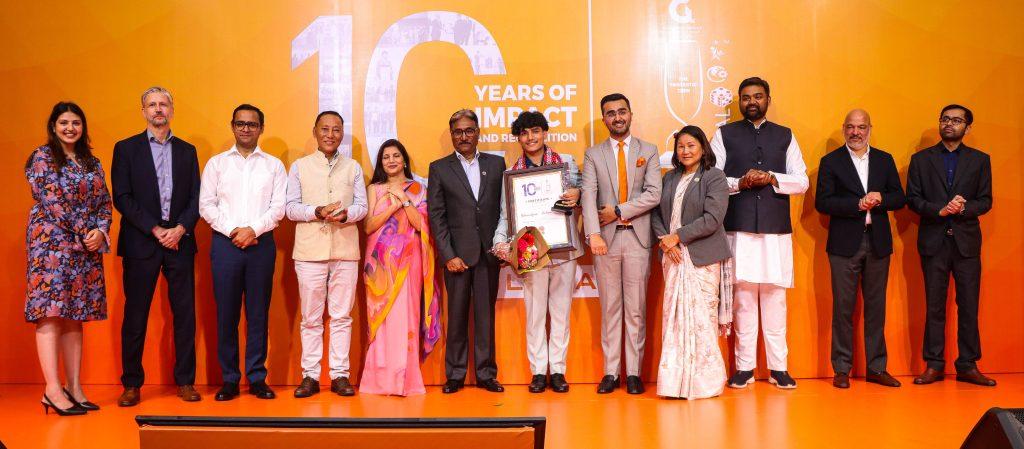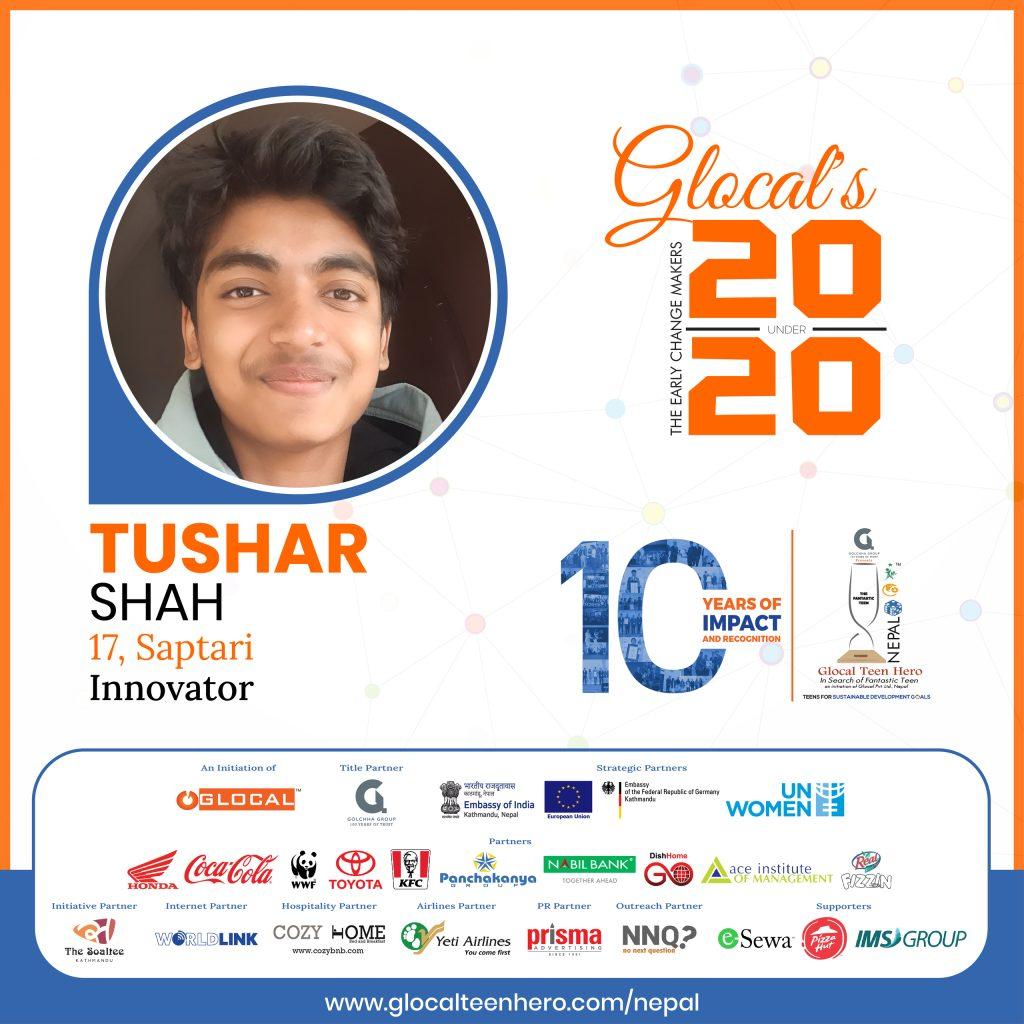Mr. Prashim Timsina is a 16 year old technopreneur from Makawanpur specializing in web development, machine learning, AI, and Arduino programming. His diverse technical skills and passion for solving societal problems drive him to innovate impactful solutions. With leadership roles at the Students Research Council Nepal and Incubate Nepal, he is committed to advancing technology and fostering change.
His Work
He grew up hearing constant complaints about government inefficiencies at local Chiya Stalls, which shaped his resolve to improve Nepal’s development narrative. Determined to foster accountability and transparency, he sought to transform criticism into constructive solutions. As a high schooler, he was involved with SRCN, promoting research among youth, and worked on enhancing solar cell efficiency for space shuttles with Cubes in Space. Passionate about changing perceptions, he joined Incubate Nepal as a peer mentor, leading innovative projects alongside Harvard and MIT alumni. Currently, he is spearheading ‘DevTrack’ with six young professionals. This tool aims to bridge communication gaps by providing transparent, real-time details on government project budgets, quality, and progress in Kathmandu. DevTrack will enhance public trust, reduce corruption, and encourage active citizen participation in development projects.
Impact
He is set to launch DevTrack, a pioneering platform in Nepal that will shift accountability from the government to the citizens. For the first time, the public will hold the government accountable for project progress, while youths will have the power to provide feedback and suggestions. This initiative marks the beginning of a transformative movement.
In addition to DevTrack, Prashim has made significant societal contributions. He created BloodDonor to connect donors with hospitals, and through SRCN, guided students in groundbreaking research. He also developed Khoja, a platform for students to find opportunities, which has greatly increased SRCN applications. His innovative projects include an alcohol detection helmet for bikers, a machine learning model to aid a non-verbal student, and a space tech theory to enhance solar cell efficiency. This theory has gained approval from Cubes In Space and NASA, potentially positioning Nepal in the space tech race.


